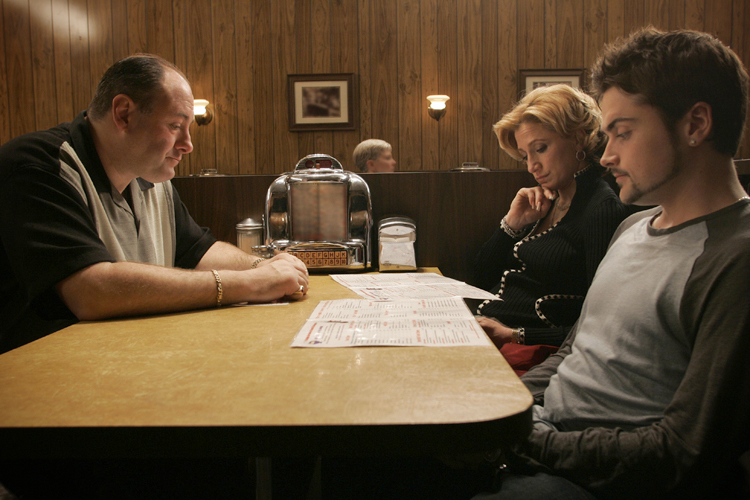Martha Nochimson’s piece on Vox claiming that “Sopranos” creator David Chase told her Tony Soprano lived at the end of “The Sopranos” has come in for criticism — from Chase himself.
Through a publicist, Chase said in a statement:
A journalist for Vox misconstrued what David Chase said in their interview. To simply quote David as saying,” Tony Soprano is not dead,” is inaccurate. There is a much larger context for that statement and as such, it is not true.
As David Chase has said numerous times on the record, “Whether Tony Soprano is alive or dead is not the point.” To continue to search for this answer is fruitless. The final scene of “The Sopranos” raises a spiritual question that has no right or wrong answer.
Vox has responded to Chase’s disavowal of the quote by noting that Chase’s denial of the quote proves nothing and that the article, which considers Chase’s work at great length, indeed helps to provide the larger context:
The entire point of Nochimson’s essay is that even though Chase answered her query about Tony’s death, it doesn’t matter. If the fictional character of Tony Soprano lives or dies is not the point, because “The Sopranos” itself is no more. Somewhere, the characters live on, even if Tony is not among their number. But we don’t get to see what they’re up to.
This is artful but may be expecting Vox readers to give Vox itself a bit too much credit. The piece itself is formatted in such a way that calls the eye to Chase’s statement — quite literally taking it out of context. For all that the essay asks readers to consider that Chase wants to allow viewer imaginations to run wild, it frames Chase’s own notion of Tony’s fate (again literally) in black and white. And presuming Nochimson’s jargony musings that “It’s not whether a character dies on screen that is at stake, but whether we die to our own capacity for wonder” will have as much impact as the nugget of her piece plucked out of what were apparently many conversations with Chase and treated as the piece’s most important element is certainly optimistic of Vox. Nochimson wasn’t wrong to ask Chase about the ending of his show, of course; he was wrong to trust a brand-new website to place his idle, apparently offhand musings within an appropriate context.

